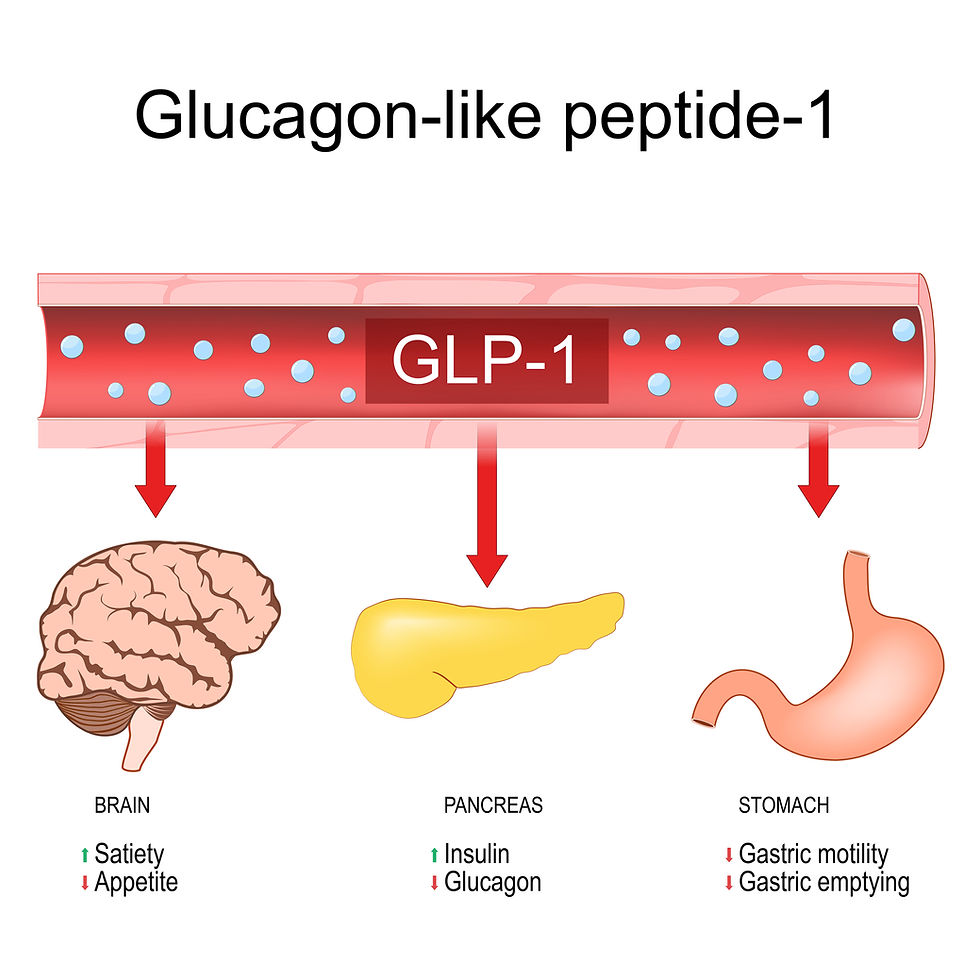Getting to the root cause! Is it a matter of nutrients?
- Julie Hodgson
- Nov 30, 2019
- 2 min read
Updated: Feb 1, 2021

You may eat the best diet in the world but genetics, lifestyle and depleting nutrient levels in both our soil and food mean we are all likely to be deficient in some very important nutrients that may be affecting your mental health.
This is some of the most common deficiencies shown to affect mood and well being.
Some of these are available on the NHS, and you can also pay for private testing.
Depending on your symptoms some valuable tests to include are;
Vitamin D – a hormone not a vitamin – Studies show a direct link between improved levels of depression and vitamin D levels in the body. A large number of the population are also deficient in vitamin D
Zinc – low levels are shown in people with depression with studies also showing the lower the zinc the more severe the depression.
Vitamin B12 – often forgotten but some common symptoms are mood issues, depression, tingling and fatigue. B12 is only found in animal products so if you are vegetarian, you need regular testing. Even if you do eat meat you may have difficulty absorbing B12 so its important to know your levels.
Vitamin B6 – Required for the production of the neurotransmitters serotonin, GABBA, and dopamine, vitamin B6 plays a very important role in mental health. Deficiency is associated with irritability, anxiety and depression.
Iron – very common in menstruating women will cause listlessness and fatigue. (ask for a ferritin test or full iron panel as this is the most accurate measure of your iron stores)
A couple of others that may also play a part in your symptoms include copper, magnesium, folate and selenium.
A good starting point would be a full nutritional panel incorporating the common nutrients above. You can get these from places like Medichecks or Thriva.
If you find you are low in any of the above nutrients increasing the foods containing that nutrient is a great start, and you should also consider supplementation.
Working on optimising your digestive health will also ensure you are absorbing the nutrients from the food you eat.
There are several biochemical imbalances that can impact your emotions, mood, level of stress, and wellbeing. It is NOT just in your head.
Underlying imbalances such as nutrient deficiencies, thyroid conditions, inflammation, poor gut health amongst others can contribute to brain fog, lack of energy, irritability, mood swings, and directly impact your mental health. Testing can help you get to the root cause.
Diet and lifestyle is a powerful tool in helping you improve your health and wellbeing. Sometimes the simplest things can make the biggest difference.
I hope that has helped and please get in touch if you need any advice or help.
My 12 week Health & Wellbeing Programme includes 12 weeks of 1-2-1 health and wellbeing coaching, regular consultations, and weekly coaching and Q & A sessions, to help you Stop Wishing and Start Doing. Click on the picture for more information
Julie x
Helping you live a healthier, happier life
Julie Hodgson
BSc (Hons), PgDip, DIP ION, mBANT
CNHC registered Nutritionist & Health Coach
1-2-1 Health & Well being consultations and packages
T. 07971 862324






Comments